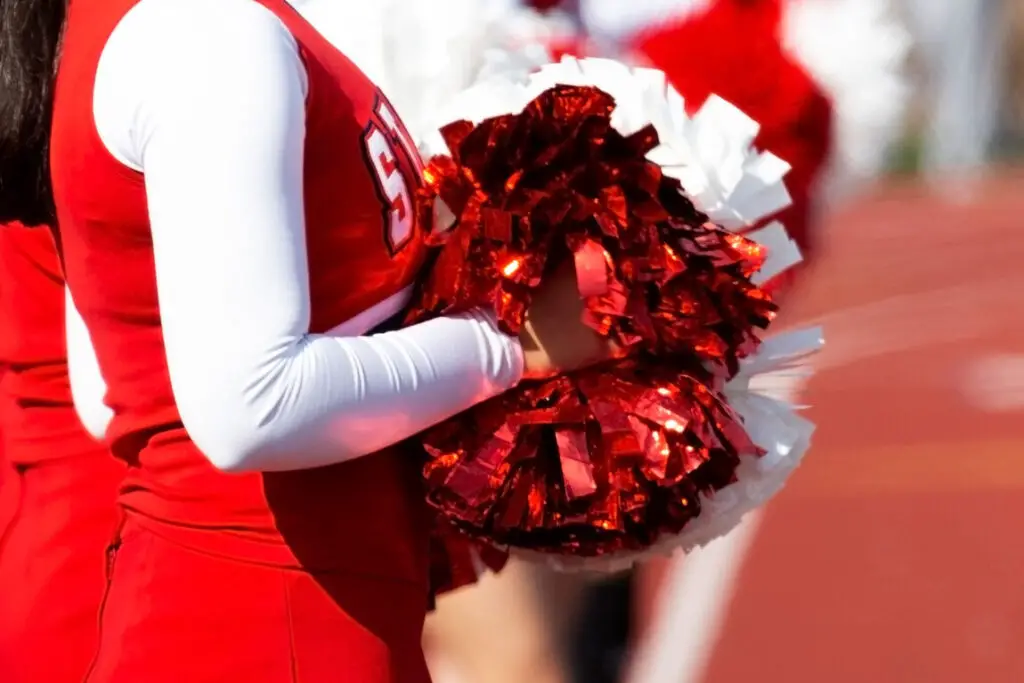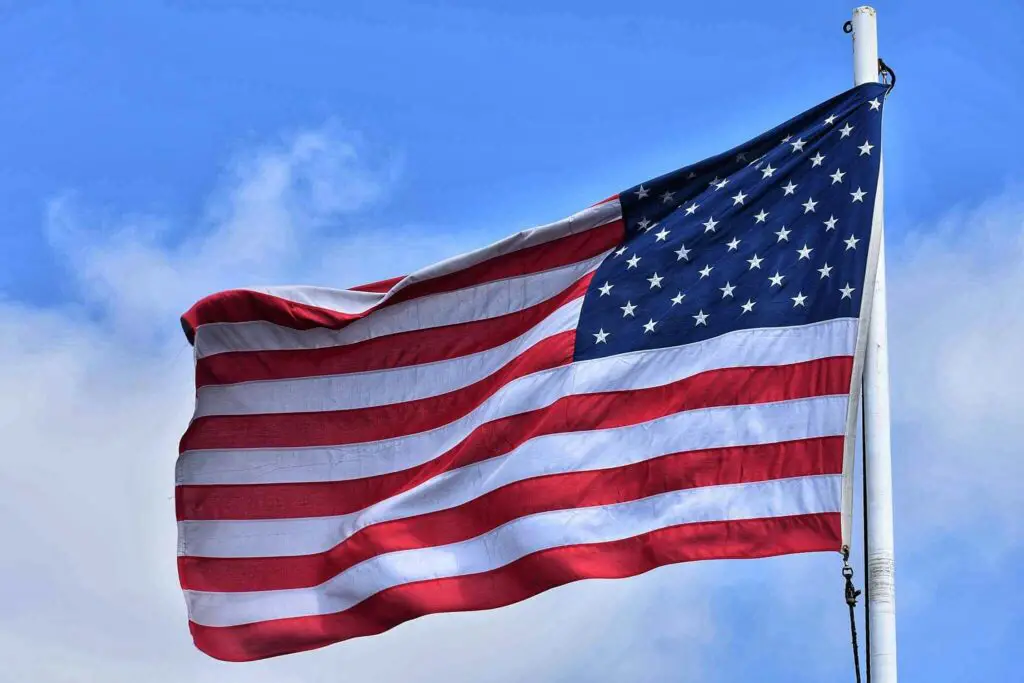1. Tons of Ice in Drinks

In the U.S., it’s totally normal to get a drink filled to the brim with ice, leaving just a splash of the actual beverage. Americans often take pride in their icy drinks, especially during hot summers, and you’ll hear things like “You know it’s a good place if the soda’s ice-cold.” But to many Europeans, this obsession with ice is downright puzzling. They tend to think it waters down the flavor and makes sipping less enjoyable says CNBC.
In countries like France or Italy, you might get one or two cubes—if you ask. That’s just how it is, and they often assume too much ice is wasteful or even unpleasant. So when Americans brag about how icy their drinks are, Europeans just sort of blink and sip their room-temp water. It’s a small difference, but one that always sparks conversation adds Deseret News.
2. Working All the Time

Americans love to talk about how busy they are, almost like it’s a badge of honor. “I haven’t taken a vacation in five years” can be said with pride, not horror. To Europeans, this kind of workaholic mindset sounds completely backwards. Many of them see rest as essential, not optional says Money.com.
In places like France or Spain, long lunches and five weeks of vacation aren’t signs of laziness—they’re seen as necessary for quality of life. So when Americans boast about 60-hour work weeks and only taking a weekend off, Europeans are often left wondering why that’s something to celebrate. It’s a cultural clash that plays out in everyday conversations. One person’s ambition is another person’s burnout shares Jacobin.
3. Huge Portions of Food

When an American posts a picture of a “regular” meal—think a burger the size of your head with a mountain of fries—Europeans are often stunned. The portion sizes in the U.S. are, to them, absolutely massive. Americans will happily boast about “getting your money’s worth” when it comes to food. But many Europeans just feel full looking at it.
In much of Europe, meals are smaller and more leisurely. Food is about enjoyment and balance, not conquering a plate like it’s a food challenge. So when Americans talk about bottomless fries or 64-ounce sodas, it’s not exactly appetizing to someone used to sipping espresso and nibbling pastries. It’s a case of different appetites and different expectations.
4. College Sports Obsession

In the U.S., college sports—especially football and basketball—are treated like major league events. Stadiums sell out, students camp out for tickets, and alumni continue cheering for their team decades after graduating. Americans will excitedly tell you about their school’s rivalry games like it’s a national holiday. Europeans? They’re baffled.
In Europe, sports are usually left to the pros. The idea of thousands of people painting their faces for a school team seems more like a quirky movie plot than real life. When Americans boast about tailgating or the college draft, Europeans often don’t get what the big deal is. For them, school is about studying, not touchdowns.
5. Tipping Culture

Americans often pride themselves on being generous tippers, and they’ll tell you a good tip is a sign of appreciation and class. It’s not unusual to tip 20% or more for great service, and people will even compare how much they leave at different types of restaurants. But to Europeans, the whole tipping system feels chaotic and unnecessary.
In many European countries, service charges are already included, and tipping is minimal or even frowned upon. When Americans explain the pressure to tip—and how workers rely on it—it can come off as a confusing and unfair system. Boasting about a big tip might sound like showing off, not kindness. It’s one cultural divide that continues to baffle both sides.
6. Military Pride

In the U.S., it’s common and widely accepted to show strong support for the military. Flags on lawns, bumper stickers, and “thank you for your service” moments are everyday occurrences. Americans often see this pride as patriotic and respectful. But to Europeans, especially those in countries with a different military history, it can seem overly intense.
Military parades and public displays aren’t as common in most European nations. While they respect service members, the culture tends to be more reserved about it. When Americans proudly talk about enlistment or military family traditions, Europeans sometimes feel awkward or unsure how to respond. It’s another example of deeply rooted values that don’t always translate overseas.
7. Driving Everywhere

Americans love their cars, and many will proudly tell you they drive absolutely everywhere—even if it’s just a mile down the road. In sprawling suburbs or rural areas, it’s normal and often necessary. But to Europeans used to walkable cities and reliable public transport, the dependence on cars can seem bizarre.
They often brag about not needing a car at all—hopping on a train or biking instead. So when Americans talk up their trucks or long commutes, it sounds more like a headache than an achievement. It’s a point of pride in the States but often viewed as impractical or even wasteful across the pond. Different infrastructures, different lifestyles.
8. Over-the-Top School Spirit

From pep rallies to promposals, Americans really go all in on school pride. High school and college events are full of costumes, chants, and parades, and people genuinely cherish those memories. Americans often talk about homecoming like it’s a key part of growing up. Europeans usually don’t have anything quite like it.
To them, school is more low-key. You go, you learn, and you move on—no marching bands or letterman jackets involved. When Americans reminisce about student council campaigns and senior pranks, Europeans may smile politely, but it all sounds a bit theatrical. It’s not that they don’t care about education—it’s just less of a production.
9. Giant Houses and Yards

Americans love their space, and having a big house with a backyard is a major goal for many. They’ll happily tell you about their square footage, their home gym, and how many cars fit in the garage. But to Europeans used to compact living, this can seem a bit excessive.
In cities like Paris or London, small flats and shared green spaces are the norm. A giant suburban home with a manicured lawn feels more like a luxury hotel. When Americans brag about “upgrading” to more space, Europeans sometimes wonder what you even do with all that room. It’s a classic case of different definitions of comfort.
10. Obsessing Over Flags

It’s not unusual in the U.S. to see the American flag on porches, clothing, bumper stickers—even bathing suits. Many Americans take real pride in flying the flag, and some even say it represents freedom and national strength. Europeans often find this constant display a little confusing, if not intense.
In most European countries, flags are reserved for official events or government buildings. The idea of wrapping yourself in one for a barbecue just doesn’t happen. So when Americans boast about their flag-waving patriotism, it can come across as over-the-top. It’s all about cultural context—and for Europeans, it’s a bit much.
11. Unlimited Refills

Americans love free refills. Whether it’s coffee at a diner or soda at a fast-food place, it’s seen as a great deal and a perk worth mentioning. People will even talk up their favorite places based on whether you can go back for more. To Europeans, though, this seems strange and a little excessive.
In many European cafés and restaurants, you get one drink—maybe two if you ask—and that’s it. Unlimited anything feels a bit like overindulgence. When Americans gush about “never running out of Diet Coke,” Europeans are more likely to raise an eyebrow. It’s another example of bigger-is-better culture that doesn’t always translate.
12. Telling Strangers Personal Details

Americans are often very open, and it’s common to chat with cashiers, baristas, or people in line about your weekend plans or personal life. Many see it as friendly and approachable, and they take pride in being warm and open. But to Europeans, especially those from more reserved cultures, it can feel a little too much.
In countries like Germany or Finland, small talk is minimal and personal space is highly valued. So when Americans share their life story during a five-minute Uber ride, it’s met with polite confusion. What seems like friendliness in one culture might come off as oversharing in another. It’s well-meaning—but definitely a culture shock.
